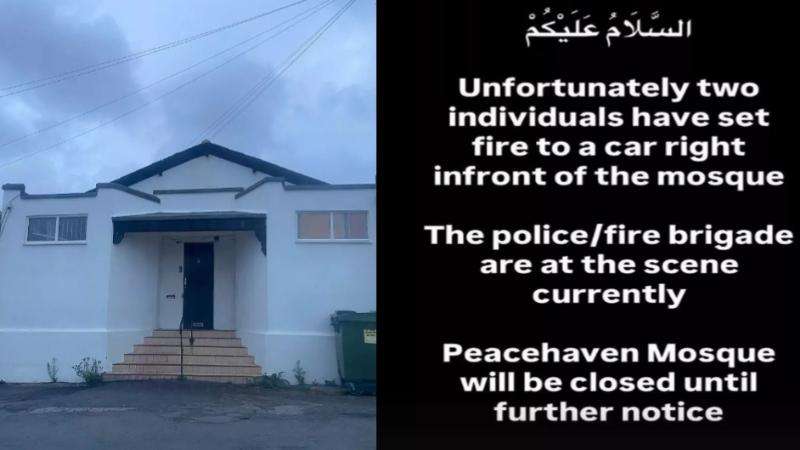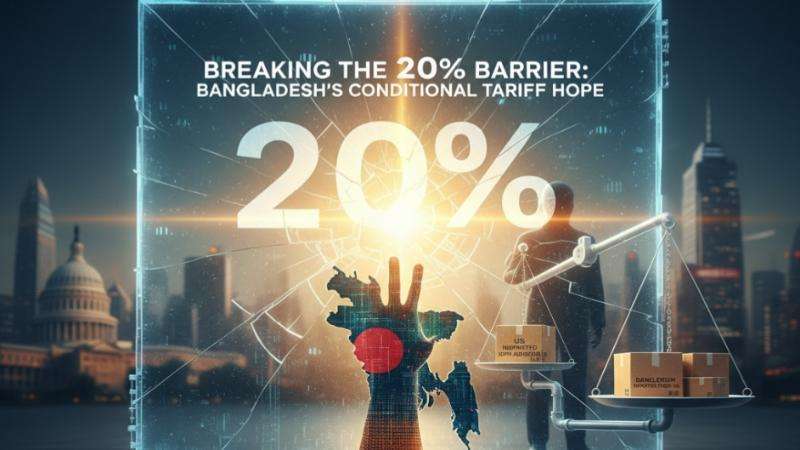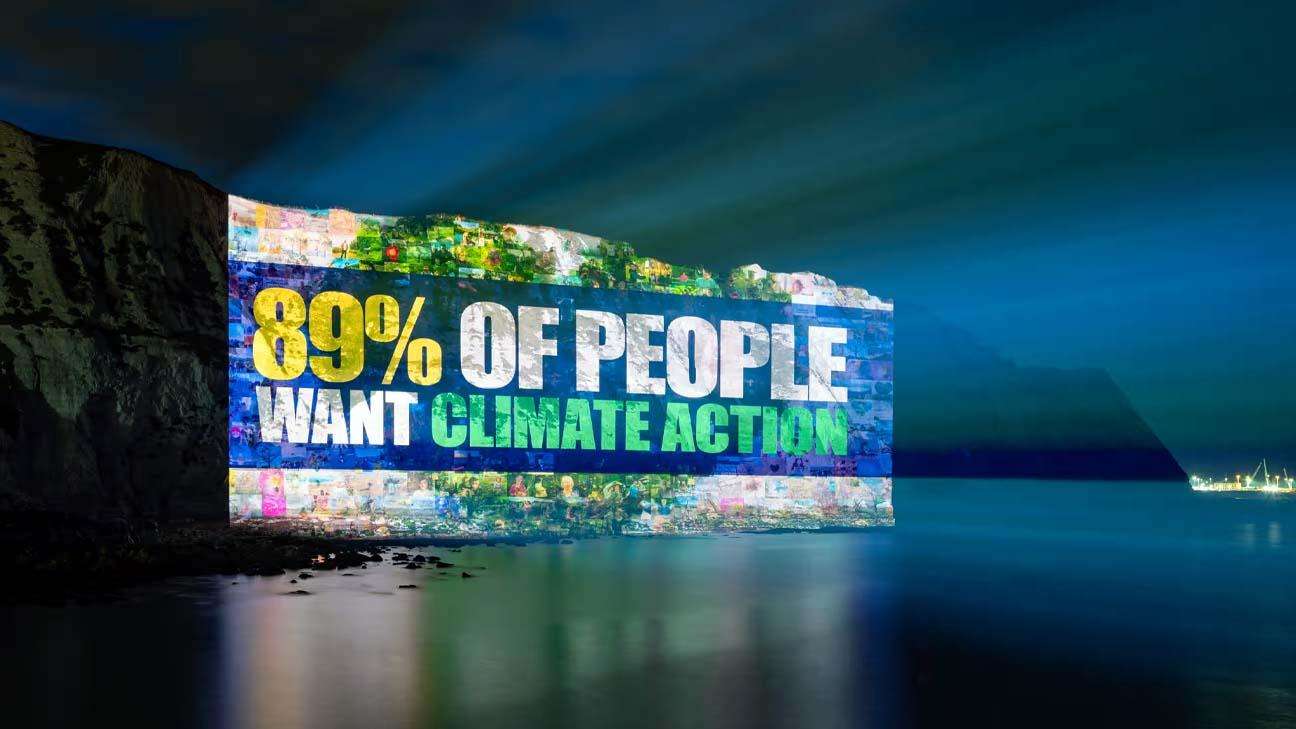Over 5,000 people from across the UK gathered in Westminster on Wednesday to meet with their MPs and call for immediate climate action to protect their communities.
This large-scale mobilisation, among the biggest of its kind, involved parents, pensioners, healthcare workers, educators, farmers, and young activists lobbying more than 500 MPs—approximately 80% of Parliament.
In the lead-up to the event, a powerful image was projected onto the white cliffs of Dover, reading “89% of people want climate action.” This message echoes recent reporting by The Guardian on the global “silent majority” — the vast number of people who support stronger climate measures but mistakenly believe their views are in the minority.
The image, which featured a green heart, was composed of 1,500 photos submitted by individuals showing what they wish to protect. The demonstration and projection were organised by the Climate Coalition, a group of more than 120 UK organisations, including the National Trust, the RSPB, and the Women’s Institute, collectively representing over 22 million people.
Participants urged MPs to help ensure a greener future by lowering energy costs, creating green jobs, restoring natural habitats, and supporting vulnerable communities both in the UK and globally.
New polling shared with The Guardian reinforces the idea of the climate silent majority: while many in Britain support net zero targets, only one in ten regularly express their views on climate issues.
Helen Meech, executive director of the Climate Coalition, said that people across the UK are taking action to protect what they care about—from clean air to stable jobs and comfortable homes. She called the event one of the most significant democratic moments for climate and nature in years.
Charlotte Howell of Parents for Future added that parents are prioritising their children’s safety and wellbeing, making it clear that climate action is not optional—it’s essential.
WWF chief executive Tanya Steele described the event as a potential turning point, an opportunity for the public to demonstrate to political leaders that constituents want a future where people and nature flourish side by side.
Public figures including broadcasters Konnie Huq and Stephen Fry, actors Brian Cox, David Harewood and Bonnie Wright, and authors Ben Okri and Mark Haddon voiced their support. Okri, who submitted a photo of a beloved tree lost in a storm, lamented the global destruction of forests as a “silent modern tragedy.”
The mosaic also featured a range of personal photos, including one from a parks manager in Antrim who described nature as her sanctuary, another from a Southsea academic who shared fond memories of family time by the seafront, and a contribution from a London vicar showcasing his community garden.
Labour leader Keir Starmer addressed the mass lobby with a message affirming his commitment to tackling climate change both domestically and globally. He highlighted the government's efforts to build on the UK’s clean energy potential, invest billions in improving home energy efficiency, and support climate adaptation projects benefiting millions worldwide. Starmer emphasised that these initiatives represent a firm dedication to environmental action, energy resilience, and social equity.
A Climate Barometer survey revealed that only one in ten people in the UK regularly voice their opinions on climate issues. While around two-thirds of Britons back the 2050 net zero goal, as well as local solar and wind projects, half of these supporters remain largely silent or reserved on the topic.
Dr Niall McLoughlin, co-director of Climate Barometer, suggested that this reluctance may stem from "perception gaps"—where individuals wrongly assume their climate concerns aren’t widely shared. “That’s simply not true,” he said.
As an example, only 16% of respondents believed most people would support new pylons and power lines to deliver renewable energy locally, despite actual support sitting at 60%.
“To move forward on climate action, we need to disrupt this cycle of silence,” McLoughlin stressed. “Openly expressing climate support in everyday conversations can be a powerful catalyst for change. There’s no time to delay—public figures and political leaders must step up.”
Global survey data released in June, covering 13 countries and nearly half the world’s population, also showed that 77% of people are more likely to support political candidates who advocate taxing polluting industries like oil, gas, and coal, as well as the ultra-wealthy with disproportionately high carbon emissions.




_3.jpg)



.svg)

